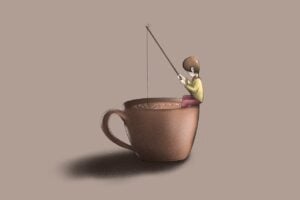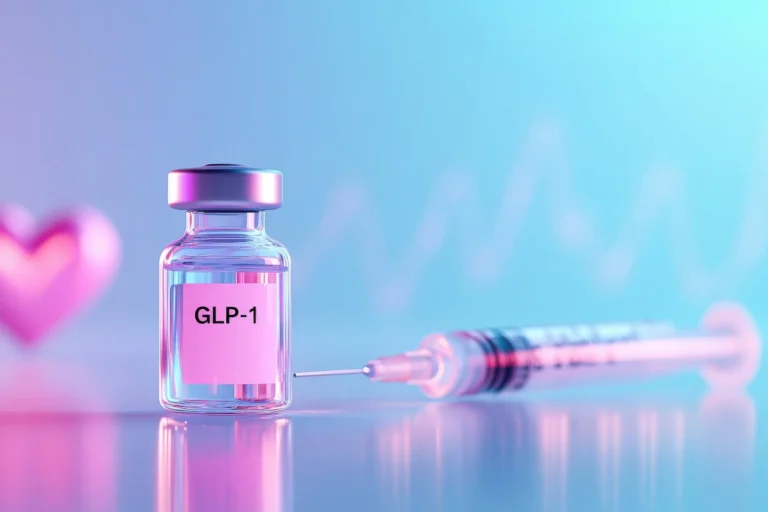VIDEO+ARTICLE:
Neuroscientists are reprogramming skin cells in order to discover newer, better treatments for Alzheimer’s.
Dr Lezanne Ooi, from the Illawarra Health and Medical Research Institute based at UOW, is at the forefront of an exciting new branch of neuroscience that converts donated human cells back to their original pluripotent stem cell state so that they can be used in disease modelling and drug discovery.
Continued below video…
“In my lab, we are trying to understand the differences in cells from patients who suffer from diseases like Alzheimer’s compared to people who don’t,” Dr Ooi said.
“One of the ways that we started to tackle this problem is by taking donated skin cells from patients and reprograming those cells to a stem cell like state. We then use those cells to generate brain cells (and other cells that represent the disease) in a dish. From there, we try to use those cells to identify new treatments or to understand the reasons why those cells are different and die in diseases like Alzheimer’s.”
This new method of reprogramming cells was originally invented in 2006 and won the Nobel Prize in the category of ‘Physiology or Medicine’ in 2012.
Dr Ooi and her team have already started to look at cells from Alzheimer’s patients and compare them to patients who don’t have the disease.
“We’ve identified a couple of compounds that are able to protect those cells from getting the disease in a dish. We have a little way to go, but we are starting to understand the mechanism behind why those compounds are protective,” she said.
Dr Ooi said the field is moving incredibly quickly because scientists around the world have realised that almost any disease can be modelled using this method.
She said the technology is also a step closer to personalised medicines, as the donated cultured cells provide an avatar for the real patient, where in the future doctors can test how the patient might react to a particular drug.
It could also be used to replace cells that are lost as a disease progresses. For example, in Motor Neurone Disease, motor neurones degenerate and die, so patients lose their motor control – the ability to walk, talk, swallow and eventually, breathe.
“If we can generate motor neurones in a dish from a patient’s cells, then we might get to a point where we can transplant those motor neurones back into the patient and improve their chances of living and improve their quality of life as well,” she said.
UK-born Dr Ooi said she has always been fascinated with the brain – an area of the body that is often described as the ‘last frontier’ of medicine.
“There is still so much that we don’t know about how the brain works and what happens when it goes awry,” she said.
“On a personal level, my gran has Alzheimer’s and as a scientist I need to understand the process that she is going through on a biological level, to understand why some people suffer from this disease and to contribute to knowledge that may one day aid the development of better treatments.”
SOURCE:
- University of Wollongong











